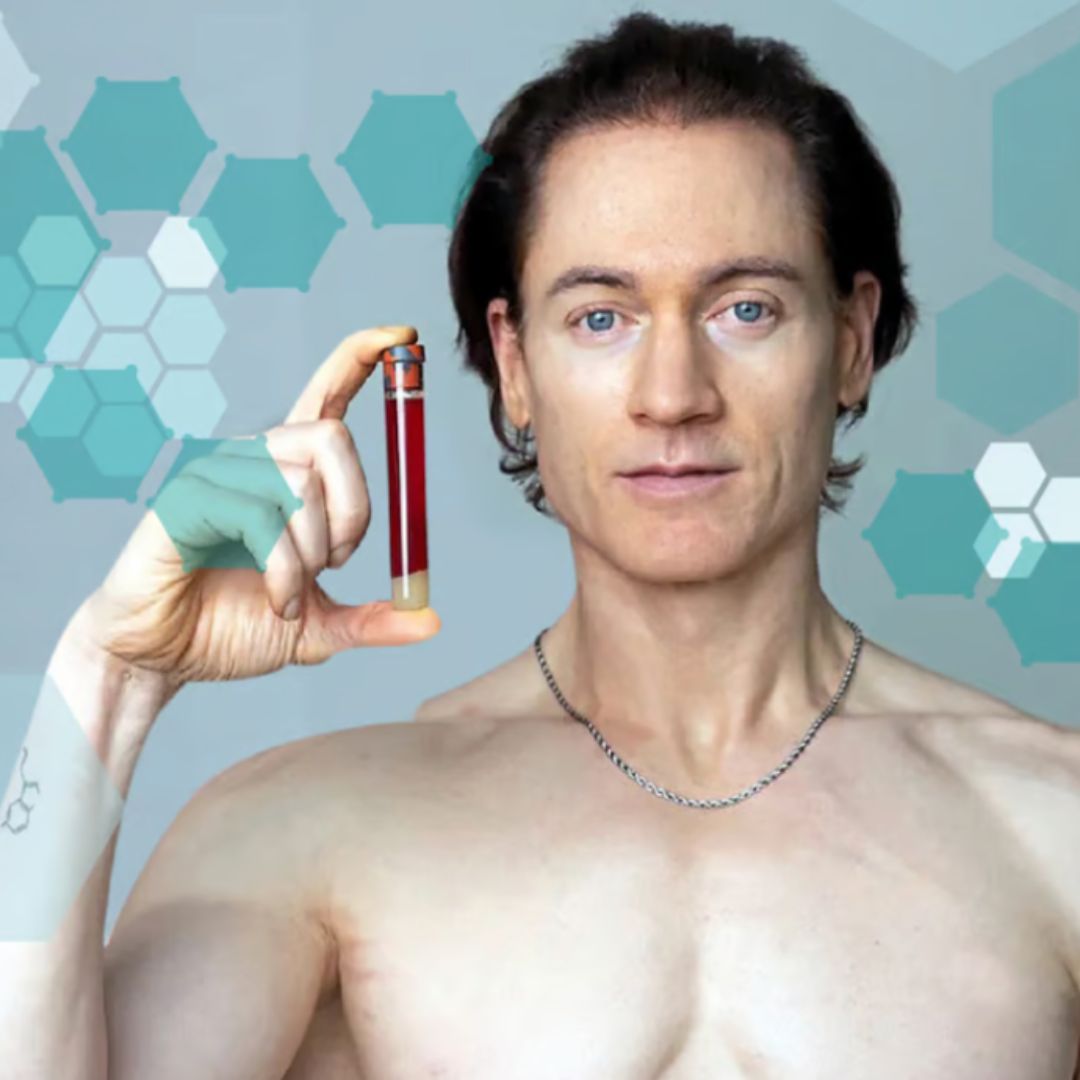Netflix’s documentary "Don’t Die: The Man Who Wants to Live Forever" delves into the life of Bryan Johnson, a tech entrepreneur who has made it his mission to defy aging through an extreme health regimen. Directed by Chris Smith, the film explores Johnson’s radical approach to longevity, his personal struggles, and the broader implications of his quest. While the documentary offers a fascinating glimpse into one man’s obsession with health optimization, it also raises critical questions about the sustainability, ethics, and mental health aspects of such an extreme lifestyle.

Bryan Johnson is a wealthy entrepreneur who made his fortune by founding Braintree, a mobile and web payment system company, which he sold to PayPal in 2013. Since then, he has shifted his focus to venture capital and his ambitious project, "Blueprint," a rigorous anti-aging program designed to slow down—and potentially reverse—the biological aging process. Johnson’s wealth and resources allow him to pursue this goal with unparalleled intensity, turning himself into a human guinea pig in the process.

Johnson’s Project Blueprint is a highly disciplined regimen that includes a strict diet, regular low-intensity exercise, and an astonishing intake of over 100 supplements per day, including vitamins, minerals, and experimental treatments. He also prioritizes reducing UV exposure, maintaining a consistent sleep schedule, and undergoing cutting-edge therapies like inhaled lung senolytics and some shockwave therapy. His goal is to optimize his body’s functionality and extend his lifespan, potentially reversing age-related decline.
While Johnson’s methods are scientifically intriguing, they are also extreme and resource-intensive. His regimen is not just about living longer but about achieving a state of "peak performance" where his body operates at its most efficient level. However, the documentary raises questions about the practicality and accessibility of such a program for the average person.

Despite Johnson’s meticulous approach, his project has significant limitations and has drawn criticism from various quarters:
- Lack of Population Study:
- Johnson’s regimen is essentially a "study of one." While he documents his health data extensively, the results are not generalizable to the broader population. Without controlled studies involving diverse participants, the scientific validity of his methods remains questionable.
- Commercial Motivations:
- Critics argue that Johnson’s open sharing of his health data is less about advancing science and more about gaining attention and commercial leverage. As one doctor in the film dismissively notes, "It’s not science, it’s just attention."
- Extreme and Unsustainable:
- Johnson’s regimen is so extreme that it is virtually impossible for most people to emulate. The time, money, and resources required make it an exclusive pursuit for the ultra-wealthy.
- Neglect of Mental Health:
• • While Johnson focuses intensely on physical health, the documentary hints at his struggles with mental health, including past depression and feelings of loneliness. His obsession with longevity seems to stem from a deeper existential crisis, yet the film does not fully explore how mental well-being impacts overall health.

Johnson’s regimen highlights several key principles that are universally recognized as crucial for longevity:
- Balanced Nutrition: Consuming a diet rich in vitamins, minerals, and antioxidants.
- Regular Exercise: Engaging in low-intensity, consistent physical activity.
- Sleep Hygiene: Maintaining a regular sleep schedule to support bodily repair and cognitive function.
- UV Protection: Reducing exposure to harmful UV rays to prevent skin damage.
These practices are undeniably beneficial, but Johnson takes them to an extreme level, consuming over 100 supplements daily and subjecting himself to experimental treatments. While his approach may yield short-term gains, it raises questions about the long-term consequences and the importance of moderation.

One of the most glaring omissions in Johnson’s quest is the lack of focus on mental health. Research consistently shows that positive emotions, social connections, and mental well-being are critical for longevity. Stress, loneliness, and depression can have profound negative effects on physical health, undermining even the most rigorous health regimens.
Johnson’s story reveals a man who, despite his physical optimization, grapples with emotional challenges, including estrangement from his children and a search for purpose. The documentary hints at these struggles but fails to fully explore how mental health is integral to overall well-being. Without addressing the emotional and psychological aspects of health, Johnson’s pursuit of longevity feels incomplete.

"Don’t Die: The Man Who Wants to Live Forever" offers a captivating yet surface-level look at Bryan Johnson’s extreme health journey. While his dedication to physical optimization is impressive, the documentary underscores the limitations of his approach, particularly its lack of scientific rigor, accessibility, and attention to mental health.
The film serves as a reminder that while a healthy lifestyle is crucial for longevity, it must be balanced with emotional well-being and social connections. Johnson’s story is both inspiring and cautionary, highlighting the importance of holistic health—body, mind, and spirit. As we strive for longer, healthier lives, let’s not forget that true well-being encompasses more than just the physical.
(The images are screenshots from the internet)

